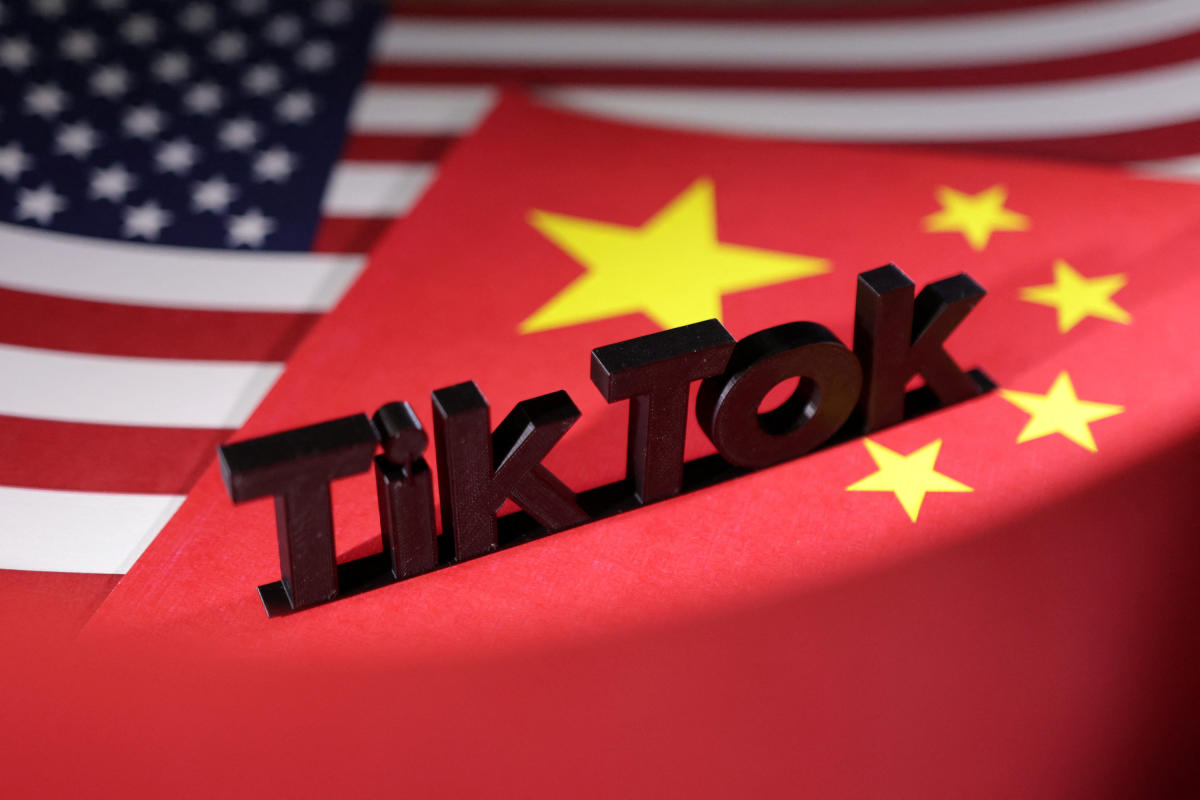A US federal appeals court upheld a new law that outlaws TikTok from operating in the US under Chinese ownership.
The question now is whether that plan could still be altered by the Supreme Court or affected by President-elect Donald Trump, who in September suggested in a social media post that he would “save TikTok” and prevent federal law enforcement from shuttering the app.
The law, called the Protecting Americans from Foreign Adversary Controlled Applications Act (PAFACAA), gives TikTok’s Chinese owner, ByteDance, an ultimatum to either sell TikTok to a US owner by January 19, 2025, or have it banned from operations in the country.
TikTok challenged the law by arguing it violated the US Constitution in taking away the First Amendment rights of TikTok’s US entity and its users.
But a panel of three judges from the U.S. Court of Appeals for the District of Columbia Circuit concluded that the government’s law withstood constitutional scrutiny by protecting free speech in the US “from a foreign adversary nation and to limit that adversary’s ability to gather data on people in the United States.”
Divesting it from Chinese ownership “is essential to protect our national security.”
The decision could mean that the legal battle now plays out before the Supreme Court justices, who have the power to pause the law, if TikTok asks the high court to review the matter, and the court agrees to consider it. The court could also let the appeals court ruling stand.
President Joe Biden, who signed the law, can also grant a 90-day extension if ByteDance has made progress in lining up a buyer.
There is also the unknown of what Trump could do. His statements on the campaign trail suggest he may at least try to tinker with the impact of the law.
In September, the president-elect suggested in a post to his social media website, Truth Social, that he would “save TikTok” and prevent federal law enforcement from shuttering the app.
“We’re not doing anything with TikTok, but the other side is going to close it up, so if you like TikTok, go out and vote for Trump,” the former president said in the post.
Once back in office, President-elect Trump could ask Congress to undo the law. His chances to do so, if he chooses, may have improved now that Republicans are set to control both chambers of Congress.
One political complication for Trump is that he spent his time in office and on the campaign trail promising to protect Americans and US industry against Chinese espionage and other economic threats.
In his first term as president, Trump did issue an executive order to TikTok’s parent Bytedance to divest the company, which TikTok overcame.
ByteDance’s argument to the appeals court was that the law ran afoul of the First Amendment’s free speech protections, the Fifth Amendment’s takings clause, and protections against bills of attainder — also known as ex post facto laws that deem previously legal activity as illegal and then reach back in time to punish violators for past actions.
The Justice Department, on the other hand, argued that compelling US national security interests justify restricting a foreign adversary from owning, directing, and controlling a platform like TikTok, including operation of the app’s recommendation algorithms and editorial decisions.
The appeals court sided with the DOJ, in the end.
“We conclude the portions of the Act the petitioners have standing to challenge, that is the provisions concerning TikTok and its related entities, survive constitutional scrutiny.”
Click here for the latest technology news that will impact the stock market
Read the latest financial and business news from Yahoo Finance
Source link
